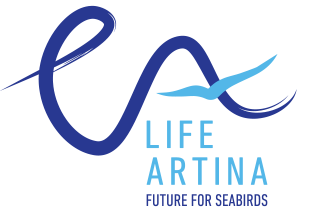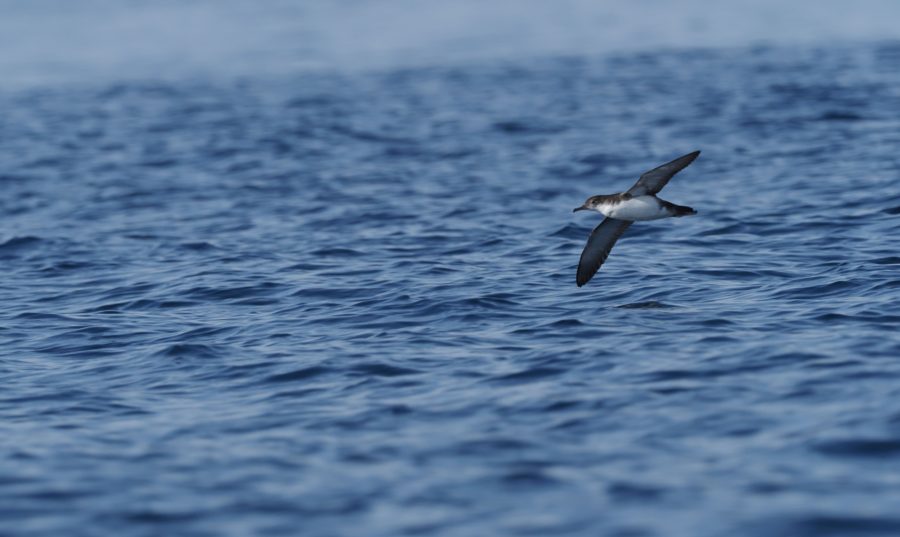FIRST MARINE LITTER MONITORING IN THE NATURE PARK LASTOVO ISLANDS
At the end of October, marine litter monitoring in Nature Park Lastovo Islands was performed for the first time. Three beaches (Kremena, Saplun and Sito) and ten sea surface transects around Lastovo island were investigated. Data is collected for the purpose of estimating the extent of marine litter pollution.
Marine litter is one of the fastest rising and most global marine environmental problem at sea. Although there is a lack of data about the impact of marine litter on seabirds in Croatia, it is expected that seabirds in the Adriatic are as well affected. Scale of this problem in the Adriatic is still unknown, however preliminary marine litter monitoring results of the EU Interreg DeFishGear project (DFG project, completed in 2016) show that it is a significant problem in the Adriatic. These findings are confirmed by observations of the local community and staff of the Nature Park Lastovo islands.

Marine litter is one of the threatening factors for seabird populations, as birds can get entangled in discarded nets, bags or the like, sometimes with a fatal outcome. Also, like other marine animals, they often ingest litter (usually plastic items), substituting them for natural prey. Full stomach signals satiety, but nutrient deficiency leads to the death of the animal. Sometimes the cause of death is bowel obstruction, resulting from the ingestion of litter (e.g. a net or a plastic bag). Swallowed litter, through feeding, can also reach the digestion of a hatchling, causing lack of nutrients, leading to weakened immunity and possible death, which for these species, with only one hatchling per season, is a survival threat to the entire population. When it leaves the gastrointestinal tract, micro-litter enters the marine food chain.
This is the first collection (of the planned four) of marine litter data in the Park, and analysis of it will give a clearer picture of its composition and quantity.

Can you see a lizzard in a picture? (Author: Tena Šarčević) 
Our beaches are very often covered in litter (Author: Tena Šarčević)
Marine litter monitoring was conducted by the Association Sunce, Staff of NP Lastovo islands, who, on this occasion, got familiar with the DeFishGear protocol and the use of volunteers to help in data collection, and volunteers – students of the Association of the University Marine Studies Department ” Oceanus “.

